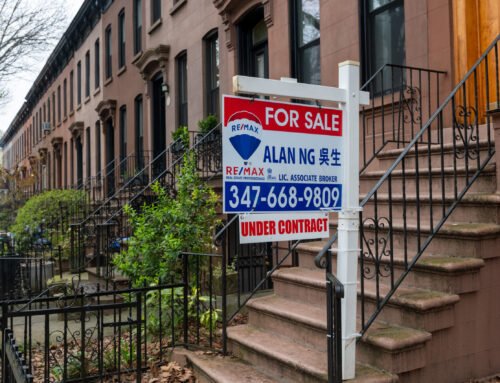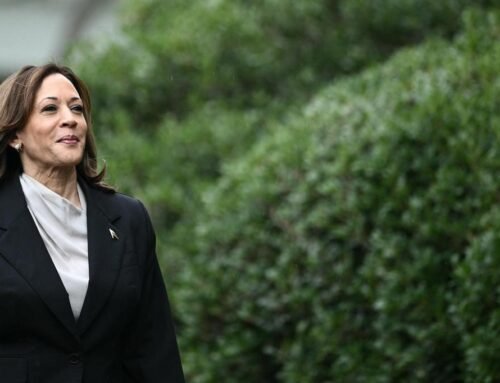For nearly a decade, lawmakers have tried to pass an LGBTQ anti-discrimination bill, but the efforts have found little traction in Florida’s GOP-controlled Legislature. Now people are asking if 2020 will be the year a bill passes.
MIAMI HERALD STAFF
Tallahassee
In much of Florida, your boss can fire you, or choose not to hire you, for being gay, bisexual or transgender.
More than four years after the U.S. Supreme Court ruled same-sex marriage to be legal, blatant discrimination is perfectly legal.
A bipartisan group of state lawmakers, backed by big business, is — again — trying to change that.
Multiple legislators have introduced bills for the 2020 legislative session that would prohibit businesses from discriminating against their employees on the basis of gender identity or sexual orientation.
Both Senate Bill 206, sponsored by Sen. Darryl Rouson, D-St. Petersburg, and House Bill 161 would amend the state’s Civil Rights Act of 1992 to prohibit such discrimination. (The act already prohibits discrimination on the basis of race, color, religion, sex, pregnancy, national origin, age or handicap.)
The bills also would prohibit businesses and landlords from discriminating for those same reasons, but the language allows for discrimination for religious reasons.
For nearly a decade, lawmakers have tried to pass an anti-LGBTQ-discrimination bill, but the efforts have found little traction in Florida’s GOP-controlled Legislature.
“That is the perennial question: Is this the year?” said Jon Harris Maurer, public policy director for Equality Florida, which advocates on behalf of the LGBTQ community.
The organization, created in 1997 as Republicans began their two-decade hold on Tallahassee, has seen a remarkable shift in attitudes among the public and lawmakers.
The issue has widespread bipartisan support with recent polling showing nearly 70 percent of both Americans and Floridians back protections against anti-LGBTQ discrimination. Twenty states have already passed similar legislation.
According to Equality Florida, 60 percent of Floridians are protected from discrimination by ordinances passed by cities and counties, including Hillsborough and Pinellas and all three counties in South Florida.
Dubbed the “Competitive Workforce Act,” lawmakers are selling the legislation as not just the right thing to do, but as a way to lure businesses to Florida.
Some of the biggest political donors in the state, such as Disney and NextEra Energy, the parent company of Florida Power & Light, strongly support it. (Though they have, conversely, contributed heavily to Republican leaders that haven’t supported it.)
Those companies and more than 450 others have created a nonprofit to advocate for the bill, arguing that anti-LGBTQ discrimination costs the state an estimated $362 million a year in lost productivity, turnover and inability or difficulty recruiting employees.
“We want to send a clear message that Florida is open for business, regardless of who you love,” said Rep. Jackie Toledo, R-Tampa, co-sponsor of the bill in the House.
The issue is not just about what’s good for businesses, according to Rep. Jennifer Webb, D-Gulfport, the other co-sponsor of the bill in the House and the first openly lesbian member of the Legislature.
“These types of bills have ripple effects,” Webb said in a statement. “LGBTQ teens are still at the highest risk for suicide. I’ve been with my partner for 17 years, and I know that we need to protect our children from struggles that we faced and continue to face today.”
Without the legislation, she said the state will fall behind in its ability to attract and keep “qualified, hardworking people.”
“The language we use as regulators and policy makers matters, and this sends a clear message of inclusion and compassion,” she said.
Last year, the bills were co-sponsored by nearly half of all lawmakers, but Republican leadership in both chambers prevented the bills from getting a hearing in any committee.
Neither House Speaker José Oliva, R-Miami Lakes, nor Gov. Ron DeSantis responded to requests for comment about where they stand on next year’s bills.
A spokeswoman for Senate President Bill Galvano, R-Bradenton, said he reviewed the bill but wouldn’t give an opinion on it.
“As you know, the President often speaks of his respect for and commitment to the committee process,” spokeswoman Katie Betta said in a statement. “For this reason, he tries to refrain from commenting on specific bills as they are moving through the process.”
Next week, the U.S. Supreme Court is set to hear arguments in three cases that deal with whether it’s legal to fire workers for their sexual orientation or gender identity.
For LGBTQ advocates, the session earlier this year seemed the most promising.
Republican Party of Florida Chairman Sen. Joe Gruters, R-Sarasota, sponsored a competing, but less expansive, version of the Competitive Workforce Act, which did not include the protections against discrimination by landlords and businesses.
Gruters’ sponsorship marked a shift in Republican politics, and he credited President Donald Trump for allowing Republicans to embrace ideas once considered too risky.
Yet not even his bill got a hearing.
Without statewide laws, being fired for being gay or transgender remains a real fear for many Floridians.
“You can get married on a Sunday to a same-sex partner and be fired on Monday for putting a picture of your partner on your desk,” Maurer said.
Herald/Times staff writer Emily L. Mahoney contributed to this report.






Leave A Comment